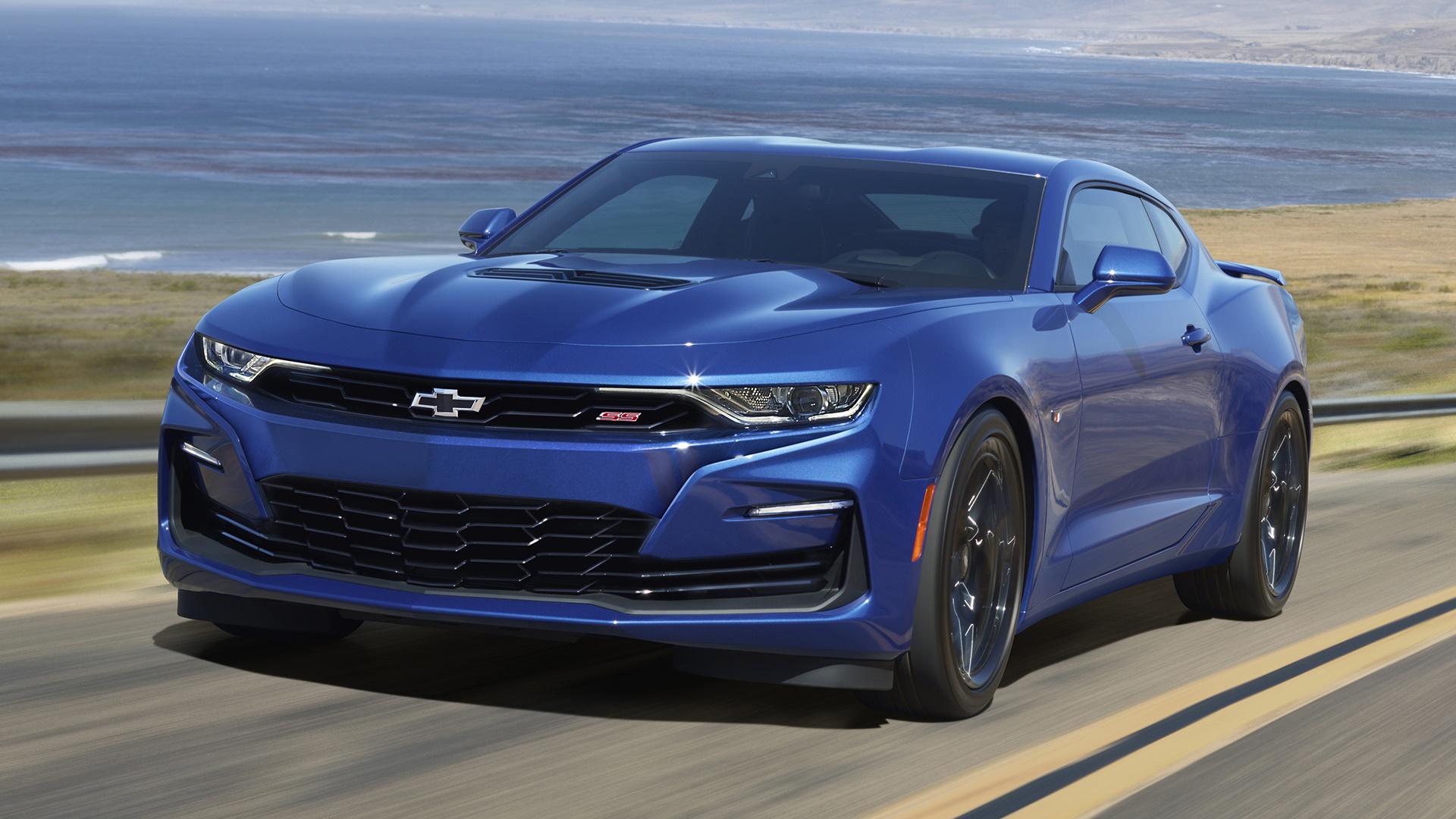

The semiconductor shortage ravaging much of the auto industry is taking its toll on General Motors. The automaker, having slowed or stalled production at several plants around North America, is completely halting the line at Lansing Grand River Assembly in Michigan, as reported by The Detroit News.
That means production of the Chevrolet Camaro, Cadillac CT4, and Cadillac CT5 are all on pause as GM prioritizes faster-selling trucks and SUVs. The company says manufacturing won’t continue until at least the end of the month—a little over two weeks from now.

This is bad news, but really, the affected models are far off from GM’s high-volume sellers. Also, the RWD-based cars like the Camaro, CT4 and CT5 are the slowest-moving within this segment. It makes sense that the automaker would decide to stall production of its worst-selling models to prioritize production elsewhere—sales of the Camaro, in particular, are cratering hard.
“We continue to work closely with our supply base to find solutions for our suppliers’ semiconductor requirements and to mitigate impact on GM,” spokesman David Barnas told The Detroit News in a statement. “Our intent is to make up as much production lost at these plants as possible.”
GM expects to be somewhere in the neighborhood of 216,000 vehicles short this year, while competitors Ford and Stellantis expect slowdowns as well. Ford says its production hit may be as high as 20 percent, while Stellantis has slowed production at its Windsor Assembly Plant in Ontario, Canada, where the brand makes the Chrysler Pacifica.
All of this being said, both Ford and Stellantis have yet to completely halt production at any plants like GM has. It seems like the company was caught especially off-guard by the global shortage of semiconductors. This is in stark contrast to companies like Toyota which had chip stockpiles due to previous experience with such supply chain issues. Hyundai and Kia also seem to be coping well.
Got a tip or question for the author? You can reach them here: peter@thedrive.com